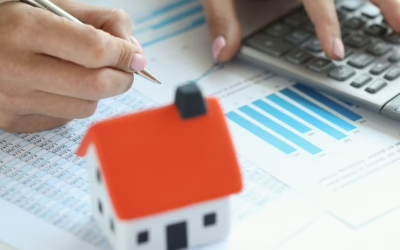The discussion following ‘Is the Age Pension Fair?’ really stirred things up, and quite rightly so. There’s clearly a strong desire amongst older Australians to stay active and boost their income in retirement. Many of you shared your stories, outlining the twists and turns with Centrelink regulations, feeling penalised for having a go, and wanting to keep contributing your valuable skills. This follow-up i focuses on real-life experiences and practical information, particularly for those running their own business.
Understanding the rules
Let’s face it, the Age Pension rules around work and income can be a bit of a maze. Here’s a straightforward breakdown of key points.




